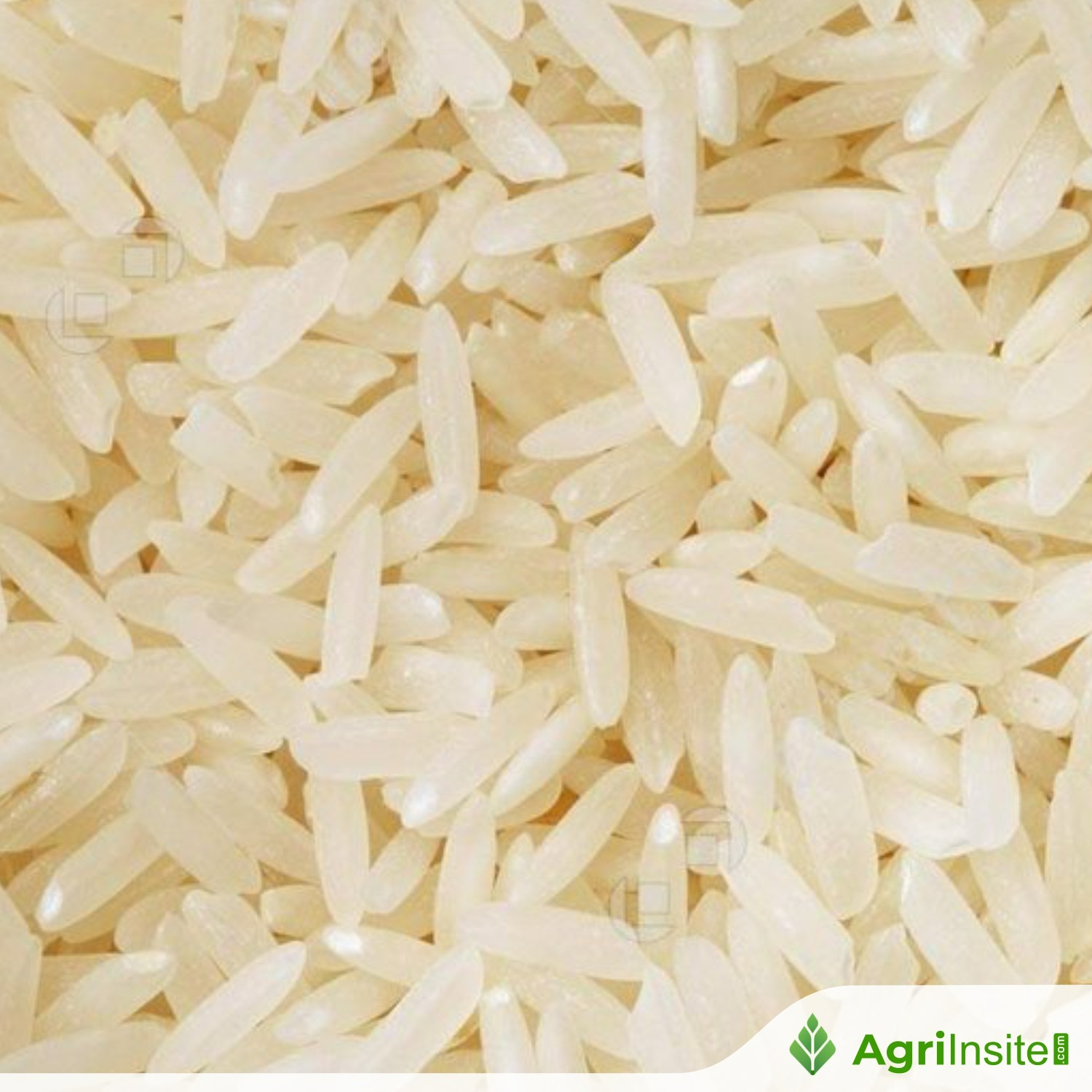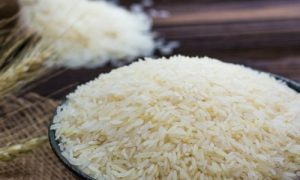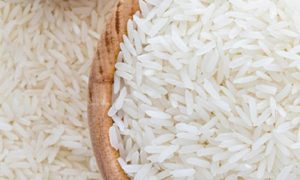Rice Prices in Japan Go Up Again, Effects of Releasing Govt-Stockpiled Rice Wanes after 3 Months

Rice prices in Japan are climbing again, nearing record highs. Despite 2025 production expected to exceed demand by 170,000–480,000 tons, competition among dealers and elevated preliminary payments by Japan Agricultural Cooperatives are pushing retail prices above ¥4,000 per 5 kg. Experts warn the market is in a “bubble.”
The retail price of rice is increasing once again, nearing the record high. Though rice prices temporarily dropped to the ¥3,500 range per 5-kilogram bag, the effects of releasing government-stockpiled rice only lasted just over three months.
The Agriculture, Forestry and Fisheries Ministry released its supply and demand forecast for rice harvested in 2025 on Friday.
Demand is expected to be 6.97 million to 7.11 million tons, which is about the same level as the previous year’s 7.11 million tons. Production will likely increase by up to 660,000 tons, reaching between 7.28 million and 7.45 million tons.
Although production is expected to exceed demand, intense competition among dealers, to acquire rice means prices will likely remain high.
‘Too expensive’
The Tobu Store Matsubara in Soka, Saitama Prefecture, put out large piles of new rice varieties on Friday morning. The tsukiakari brand was priced at ¥5,182 per 5 kilograms. New rice costs about ¥4,500 per 5 kilograms.
“It’s so expensive,” said an 83-year-old woman from the city. “I just can’t really afford it. Rice is a necessity, so making ends meet is tough.”
Tobu Store Co. said the purchase price has been about 50% higher compared to an average year since the new rice began arriving in mid-August.
However, Kazunori Kanesaka, the head of the processed foods department, said the company is only raising prices by about 20% because fully passing the higher costs on to customers would drive them away.
According to the ministry, the average price of a 5-kilogram bag of rice sold at supermarkets nationwide hit a record high of ¥4,285 in May.
The price dropped to the ¥3,500 range in July after the sale of government-stockpiled rice began through no-bid contracts, but it surpassed ¥4,000 again early this month as more new rice entered the market.
‘In a bubble’
Normally, prices fall when new rice enters the market because the supply increases.
However, growing anxiety about securing rice has led regional farm associations, called Japan Agricultural Cooperatives (JA), to raise their preliminary payments to farmers at the time of collection.
Furthermore, some have even begun offering additional payments in September. This heated competition to acquire rice is driving up prices. JA Zen-Noh Niigata has offered a preliminary payment of ¥30,000 for 60 kilograms of 2025 koshihikari brown rice, setting a record high. The figure was an increase of ¥13,000, or 76%, compared to the pervious year.
This year, for the first time, the ministry looked at preliminary payments made by JAs and other organizations that handle more than 5,000 tons of rice annually and found that the preliminary payments were 30% to 70% higher than last year, as of the end of August.
The ministry announced that the production of rice, harvested in 2025 and that is meant to be eaten at meals, is expected to exceed demand by between 170,000 and 480,000 tons. Consequently, private rice inventories are projected to range from 1.98 million to 2.29 million tons by the end of June 2026. This level would be comparable to the most recent record of 2.29 million tons in 2002.
“I want people to stay calm, [as more rice will be available],” Agriculture, Forestry and Fisheries Minister Shinjiro Koizumi said at a press conference on Friday.
However, with concerns that the summer heatwave will lead to a reduced harvest, a major rice wholesaler said that securing rice is a higher priority than seeking lower prices.
“To secure inventory, we are offering prices that exceed preliminary payments made by JAs,” said a rice wholesaler in Fukuoka Prefecture. “This year’s price is in a bubble state.”
Prof. Kunio Nishikawa, an agricultural economics expert at Ibaraki University, said: “Predicting when the price of rice will begin to decline is difficult. It remains unclear if the agriculture ministry’s projections will prove accurate.”
To Read more about Rice News continue reading Agriinsite.com
Source : The Japan News
















